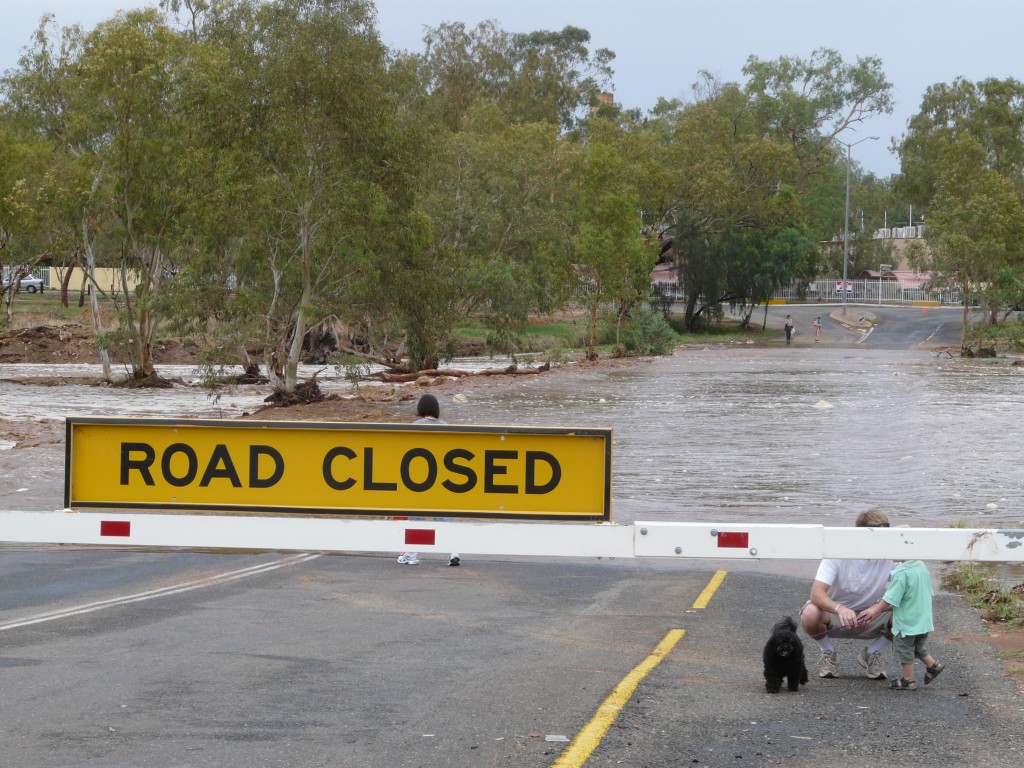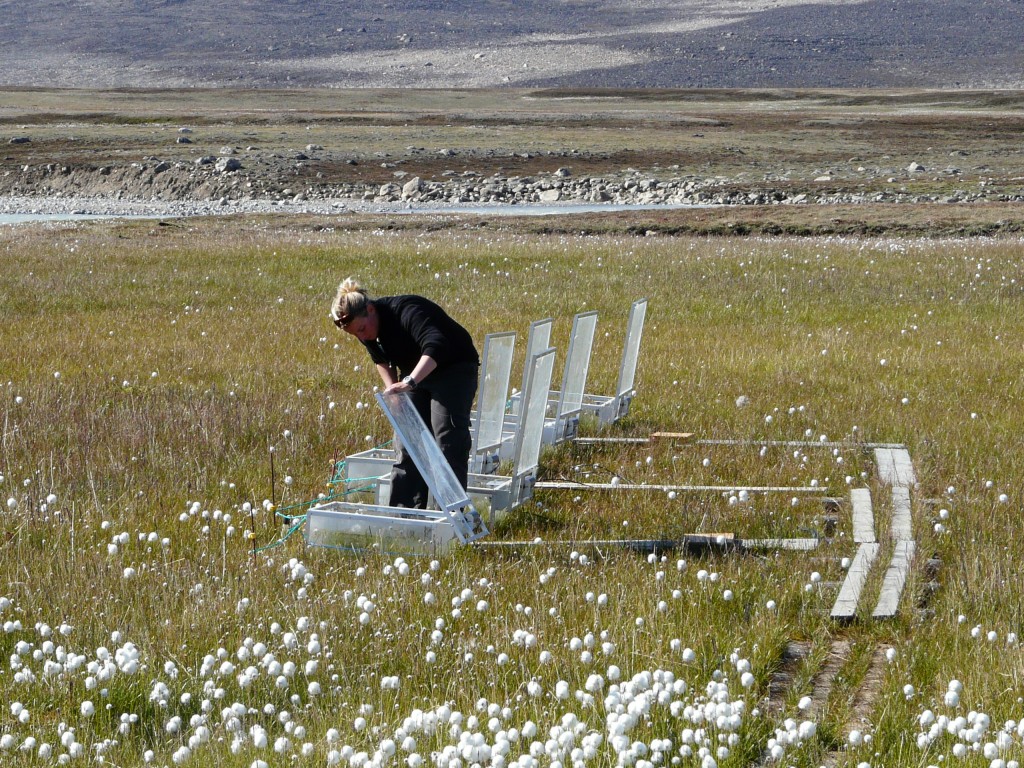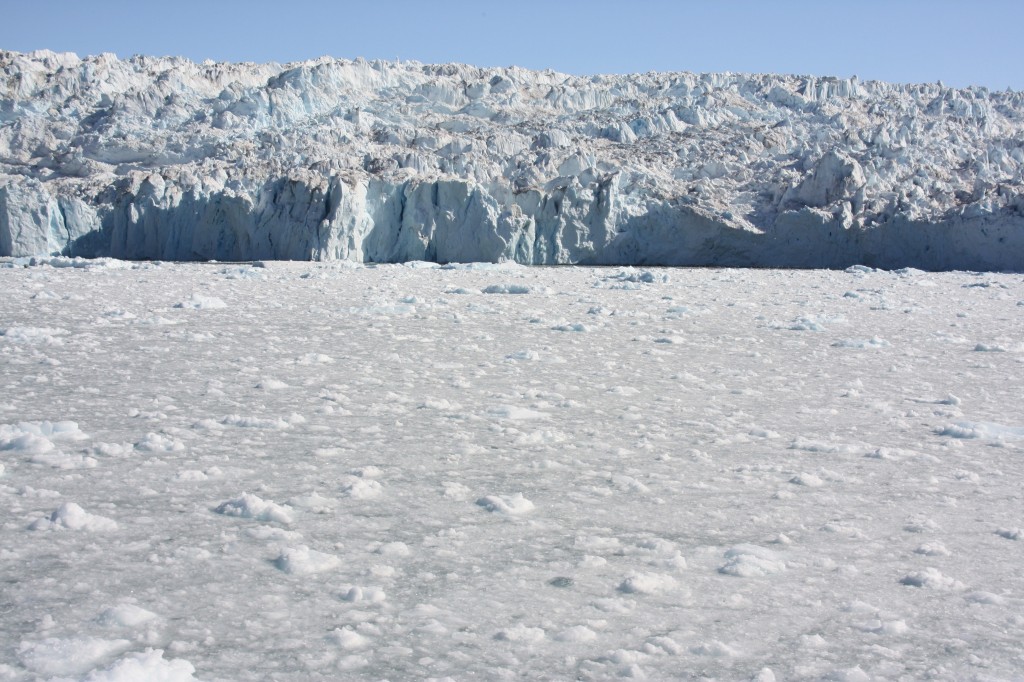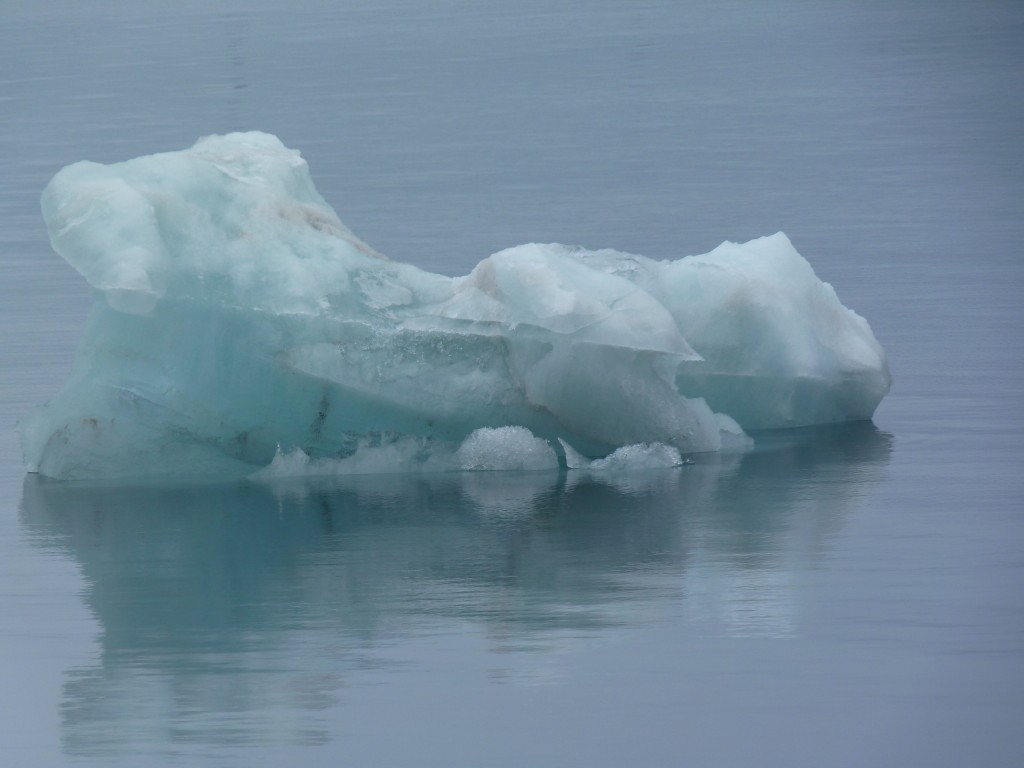Search Results for Tag: Climate
Climate change is responsible for “weather” records 2012
This has been a record-breaking year in terms of heatwaves, drought, floods, hurricanes, melting Arctic ice. There are those who would say we have always had extreme weather events and they have nothing to do with human-induced global warming. But the World Meteorology Organisation (WMO) is in no doubt that all these are signs that global climate change is already happening. The experts brought out their provisional climate report for 2012 in Doha, where the climate talks have so far failed to make any progress.
This has been a year of above-averge temperatures and extreme weather events, according to the WMO. A taste of (climate) things to come, says Jeremiah Lengoasa, the Secretary General of the UN’s weather body. Forest fires in the northern hemisphere, record temperatures in Europe and the USA, a cooler summer in northern Europe but an unusually hot one in the south of the continent. Drought in the USA, parts of China, Brazil, floods in West Africa, Pakistan, Argentina and southern China, extremely cold winter in eastern Russia, a third season of super-strong hurricanes in the Atlantic , record sea ice minimum in the Arctic…. Lengoasa says climate change is no longer a threat for the future. It’s already here.

Experts say climate change is increasing the likelihood of extreme weather events. This show flooding in Alice Springs, Central Australia, when I was there in 2008. Expecting the dusty “red centre”, I was surprised to meet with floods and frogs!
Record polar ice loss should spur action in Doha!
Not a day seems to go by without another new revelation about the state of the polar ice, which we once though was such a normal, permanent feature of our planet. Now an international team of satellite experts has produced what they say is the most accurate assessment of ice losses from Greenland AND Antarctica to date and the result is devastating.
![]() read more
read more
Warming permafrost on the Doha agenda

Scientists at measuring stations like the one I visted at Zackenberg, Greenland, measure the amount of greenhouse gases emitted by melting permafrost.
I was glad to see UNEP making sure the melting permafrost issue gets some wider public attention by launching its first report on the status of the world’s permafrost regions in Doha while the international climate talks are in full swing. Climate change is having a major impact on the permanently frozen soil in the Arctic, Siberia and high mountain regions. In the UNEP study, an international team of experts explain what is happening and what potential risks this thaw has for countries with permafrost.
![]() read more
read more
Climate talks too slow for Antarctic sea snails

The pteropod, (marine snail) Limacina hilicina antarctica, Photo: Nina Bednarsek
While the climate negotiations continue at a snail’s pace in Doha, marine snails or pteropods in the Antarctic are losing their shells because of ocean acidification. Researchers from the British Antarctic Survey (BAS) and partners have published the first evidence of ocean acidification affecting live marine creatures in the Southern Ocean. Ocean acidification is caused by the uptake of carbon dioxide from the atmosphere emitted as a result of fossil fuel burning.
![]() read more
read more
Ice in Doha?
If you search the internet for ice and Doha, you’ll find out where you can buy ice in the capital of Qatar and where you can go ice-skating. Yes, even in the middle of this desert region you can indulge in a game of ice-hockey. The energy needed to chill the ice comes from burning fossil fuels, of which the country has plenty.The ice that interests the ice blogger, the ice of the Arctic, the Antarctic and the world’s glaciers is unfortunately suffering badly from those same CO2 emissions. Interesting food for thought, as this year’s UN climate conference kicks off in Doha. More on that from my colleague Andrea Rönsberg.
Qatar currently ranks number one or number three on the list of the world’s top per-capita emitters of greenhouse gases, depending on which figures you take. The country could do wonders for its environmental image by agreeing to some firm emissions reductions targets during the negotiations. Of course in absolute terms, it’s China and the USA that have to take action to reduce their emissions soon if we are to get anywhere near keeping to the two degree target. The latest studies by UNEP and the World Bank tell us quite clearly we are heading for three, four or more degrees, unless the major emitters do something soon.
This year saw the Arctic sea ice declining to a record low. The Greenland ice sheet is melting faster than expected. Climate change is also affecting the ice of the Antarctic. What happens in the Gulf city of Doha is of key importance to the future of our ice – which, in turn, helps keep the planet cool. The ice blog will be following developments in Qatar with great interest over the next two weeks. Watch this space.























Feedback